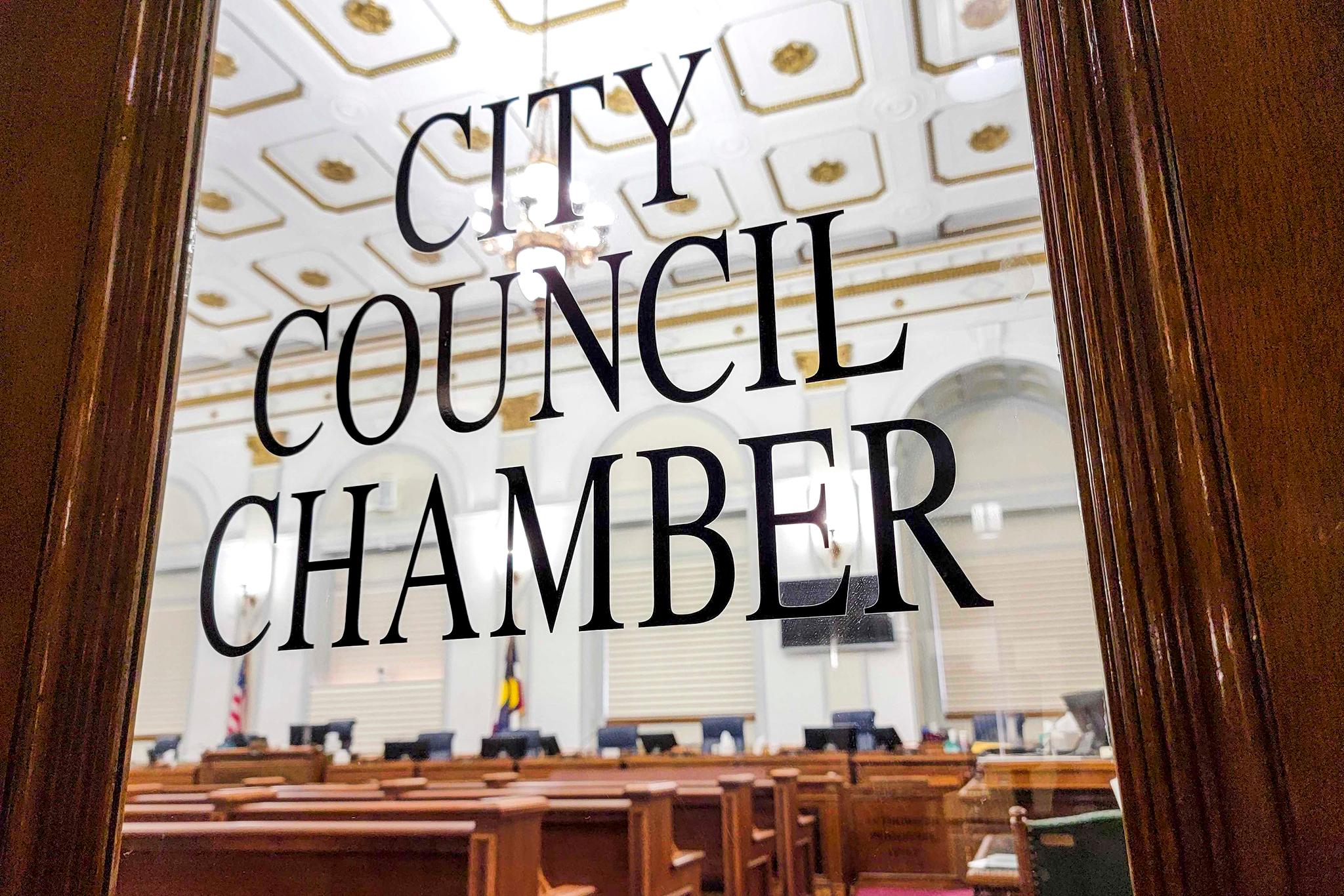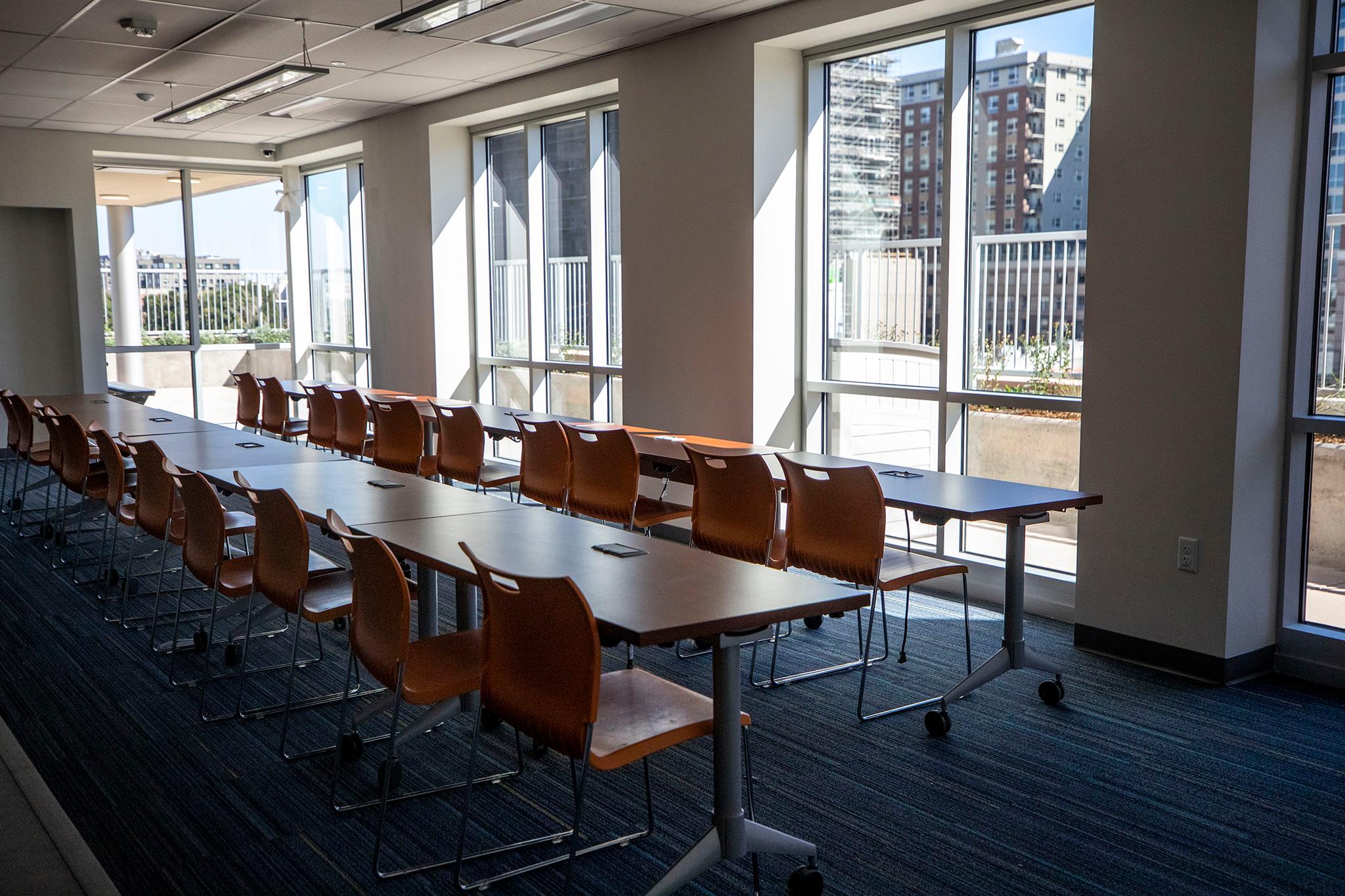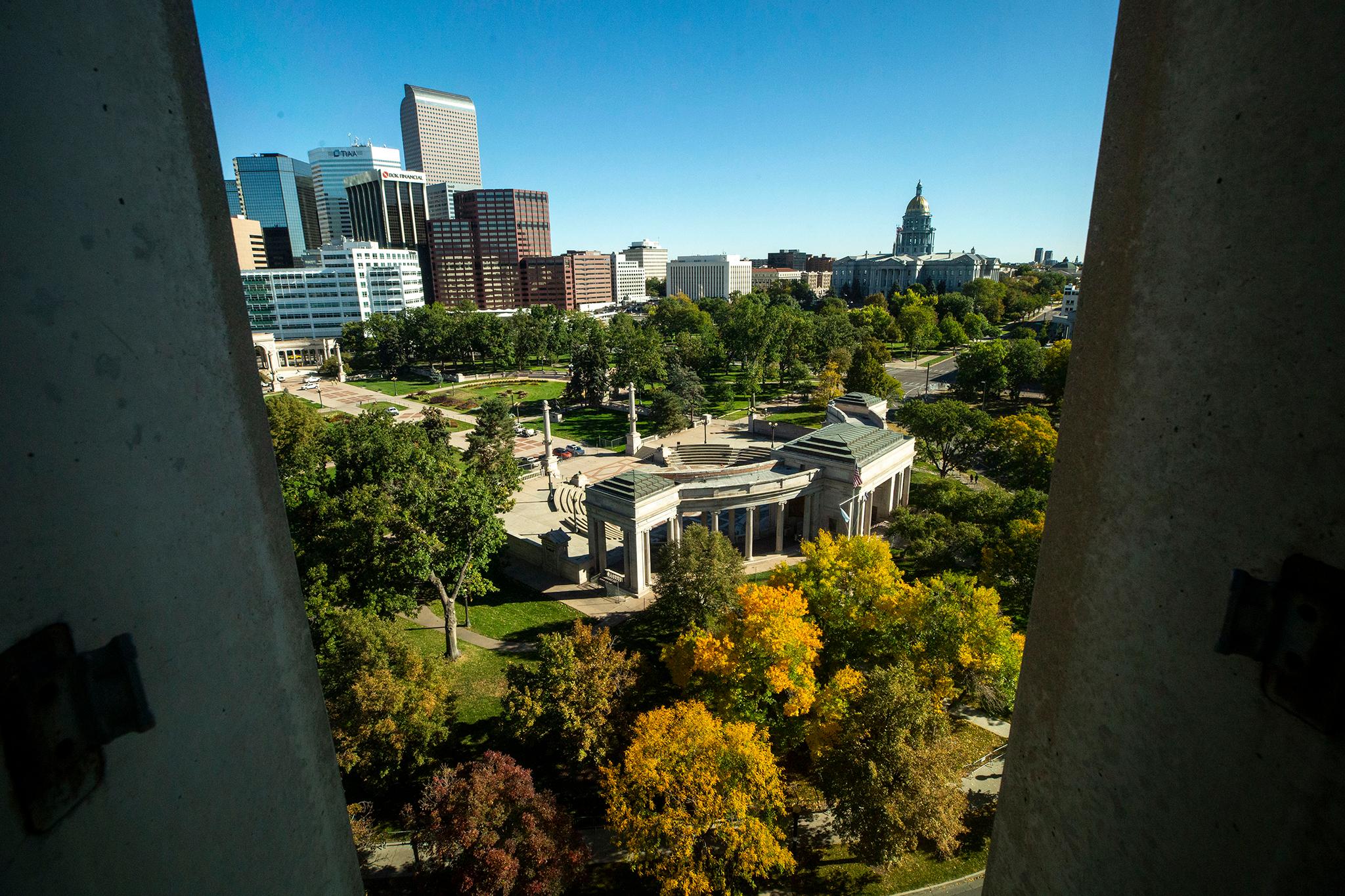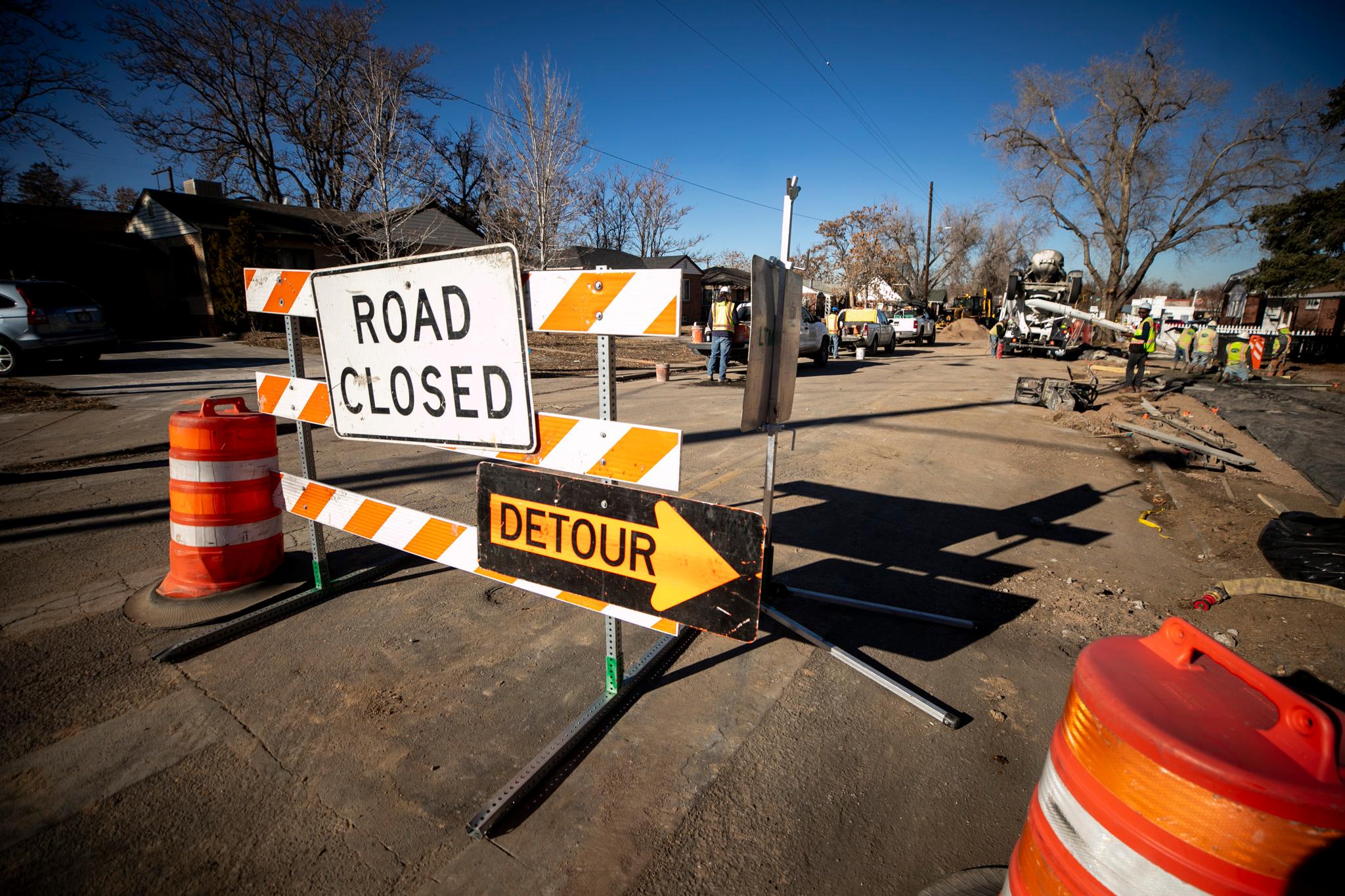City Councilmembers are asking Mayor Mike Johnston to amend around $80 million of his 2024 budget.
Council voted Friday to include all 28 proposals submitted by members in a letter to Johnston. Proposals needed at least seven out of 13 votes to pass. Johnston has until Oct. 16 to respond and release his final budget proposal.
"We know that the creation and management of a budget for a city of Denver's size and complexity is a long and arduous task," wrote Council President Torres in the letter to Johnston on behalf of City Council. "We appreciate the efforts of the hundreds of employees who had both small and large roles in that process. Your thoughtful and thorough consideration of these proposals is also appreciated."
Here's what Councilmembers requested of Johnston.
A number of proposals passed unanimously, including money for neighborhood planning; opening more psychiatric beds at Denver Health; additional fresh food contracts; rec center passes for people experiencing homelessness; safe routes to school; youth violence prevention and other youth programs; and additional public defender staff.
Most other items passed with a supermajority of Councilmembers, including money for the elimination of $3 million worth of medical debt, $2.5 million for participatory budgeting, programs that support businesses, additional Denver Health funding, library funding, and transportation safety initiatives.
Council also voted to include a request for $4 million to continue the Denver Basic Income project, which has been running a pilot program giving cash payments to people experiencing homelessness. The program recently released promising results from a six-month study. As the sole no-vote against the proposal, Councilmember Kevin Flynn said he wants to see the study's full results at the end of the year before committing to a future plan.
Another $6.9 million proposal would continue to expand the Support Team Assistance Response (STAR) program, which sends paramedics and mental health professionals instead of police to people in crisis. Councilmember Chris Hinds voiced his support for growing STAR, but questioned the speed at which the program could expand. He and Watson voted against the proposal, with Hinds saying he would support an amendment later in the year.
The most costly item included $17.5 million in additional funding for emergency rental assistance, proposed by Councilmembers Shontel Lewis, Serena Gonzales-Gutierrez, Sarah Parady and Paul Kashmann.
While Johnston increased the city's contribution to rental assistance, federal pandemic programs providing more money have ended. Meanwhile, evictions have been rising and anti-poverty groups have called on the Mayor's office for more money as a way to prevent homelessness.
Flynn suggested leaving the funding as is and assess the need at the start of next year, potentially adding additional money from the city's contingency fund after the first financial quarter. Parady said she worried the city would not feel a sense of urgency down the line.
"Bluntly put, this is an emergency," she said. "I think there's no question that funds will be needed"
Councilmember Darrell Watson was the sole no-vote against additional assistance, advocating to revisit the issue later in the year.
Johnston's team will now decide which of these items, if any, to include in the final budget.
Many of the funding requests included in the letter from Councilmembers to Johnston did not include specific departments or projects to pull money from. They are leaving that decision up to Johnston and his funding team, who can reconfigure parts of the budget to make the new items happen or leave them out entirely.
Then, Councilmembers will have another chance to push through budget items by bringing amendments. But that process can be tricky; amendments first must pass Council, and then risk a veto from the Mayor's office. Council can override the Mayor's veto with a supermajority of votes. But successful amendments have been rare in recent years.
In the 2023 budget, Council overrode former Mayor Michael Hancock's veto to pass just one amendment for funding to bring one new crosswalk to each district. Councilmembers also have a chance to submit to Johnston a number of smaller, district-specific items for funding.
City Council will host a public hearing on the budget on Oct. 23, and can propose amendments on Oct. 30 and Nov. 6. Council must pass a final budget by Nov. 13.














